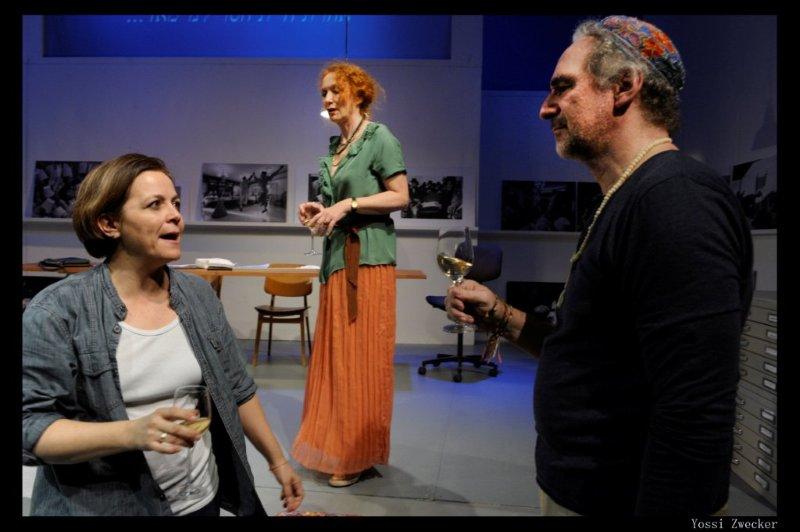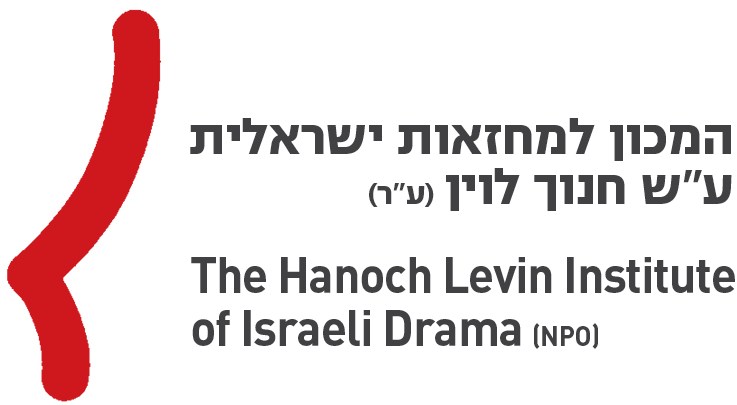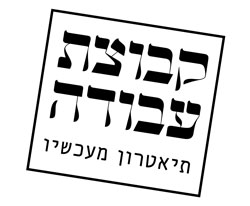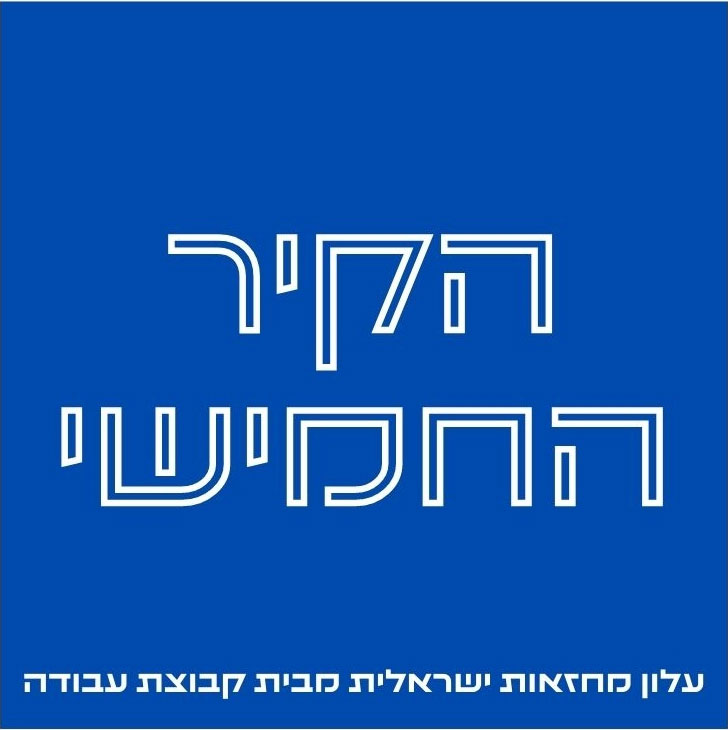Between Two Worlds /
Sara von Schwarze
 | |
|
Drama
Subject: Text in: |
Summary 73-year-old Abraham, a well-respected congregant of Munich’s Jewish community, is to be honoured with an official birthday ceremony, when the night before an unexpected guest appears at his and his (significantly younger) long-term partner Sabine’s apartment: Totally unexpected Ruth, Abraham’s grown-up daughter, shows up . We realize Abraham hadn’t seen her for years. Ruth was born in Germany but raised in Israel where she lives to this day. But now she seems to have left her country in haste. The question why Ruth appears so suddenly quickly turns into a search for her identity – and to a revelation of Abraham’s past, with results influencing the relation between Abraham and his partner Sabine, as well between him and his daughter. Why did he return a twelve year ago to Germany without taking his family with him? And what’s the secret Ruth, who prior to her journey to Germany travelled through the occupied territory, is burdened with? Zusammenfassung: Völlig unvermutet erscheint Ruth, Abrahams erwachsene Tochter, die er seit Jahren nicht mehr gesehen hat. Ruth wurde in Deutschland geboren, wuchs aber in Israel auf und lebt auch heute noch dort. Nun hat sie ihre Heimat offenbar überstürzt verlassen. Die Frage, warum Ruth so überraschend erscheint, wird zu einer Suche nach ihrer Identität. Und zu einer Aufdeckung von Abrahams Vergangenheit: mit Ergebnissen, die die Beziehung von Abraham und Sabine ebenso wie das Verhältnis zwischen Vater und Tochter beeinflussen. Wieso ging er vor einigen Jahren ohne seine Familie nach Deutschland zurück? Und welches Geheimnis belastet Ruth, die kurz vor ihrer Reise auf einer Fahrt durch die von Israel besetzten Gebiete war? |
The characters |
Female:2 Male:1 Total:3
Characters Abraham 68-73, Ruth’s father, speaks German as his mother tongue, and heavily accented Hebrew with mistakes Sabine 43-50, Abraham’s partner, speaks German as her mother tongue, and does not understand any Hebrew Personen Abraham ca. 73 Jahre, Ruths Vater. Spricht Deutsch als Muttersprache und Hebräisch mit starkem Akzent und Fehlern. Sabine ca. 43 Jahre, Abrahams Lebensgefährtin. Spricht Deutsch als Muttersprache, versteht kein Hebräisch. |
Translations |
English, German
Translated from the Hebrew to English by Margalit Rodgers Translated from the Hebrew to German by Esther von schwarze |
Productions |
Premierre2012 Altes Schauspielhaus Stuttgart director: Manfred LangnerProduction page
|
Critics |
http://www.haaretz.co.il/gallery/theater/theater-review/1.1892703 [From Haaretz, 18/12/2012] Complex, Revealing, Beautiful Michael Handelsaltz An important part of In Between is biographical. The playwright, Sara von Schwarze, was born German and brought to Israel as a child by her German parents, both of whom converted to Judaism. Her father subsequently returned to Part of the play is fictional: the protagonist, who is significantly named Ruth (the first Jewish convert), flees from Israel to her father and his wife and unburdens the tangle of her life onto them – as an Israeli photographer working in the Occupied Territories, she feels doubly guilty as an Israeli, a German, a Jew, and a woman, and seeks relief and salvation from her father, with whom she is angry and in need. This is a bilingual German-Hebrew production, a collaboration between the Cameri Theatre and the Schauspielbühnen in Although the fictional part adds complexity to what is already complex in any case, the play benefits from the fact that Von Schwarze plays the lead role in German and Hebrew. Above all this is her story, it is she who was condemned to the complexity of her fate, and it is she who has managed to contain and express it in a well-crafted play (perhaps too well-crafted, especially at its conclusion). As a member of the audience, I was fascinated by the personal story unfolding before me, with its personal and national complexity, at the center of which is a sense of guilt that is more powerful than the person, and comes with their origins and history. The three characters in the play are complex, multidimensional, and each of them is treated fairly, allowing all of them to be attacked as well as to present their case. In some respects, Cornelia Heyse, a Schauspielbühnen company actress, is also the audience’s representative, for the layers of the plot are revealed to her just as they are revealed to the audience. As the “German” representative, she brings – with honesty and sincerity – the pragmatic attitude whereby life in the present takes precedence over the traumas of the past, and is also its hope. Eli Gorenstein as the father, supposedly the villain, manages to imbue the character with humanity and gain the audience’s sympathy. And this is no easy feat in face of the forcefulness of Von Schwarze as herself: exposed, vulnerable, beautiful, bold, unpredictable, and inspiring love. This is her evening – with director Manfred Langner, and designer Paul Lerchbaumer – because with courage, honesty, and anguish she has turned the painful wound of her life, and to a great extent ours too, into an independent work of art. Thank you, Sara. [From Yedioth Ahronoth, 18/12/2012] Roots in the Air Shai Bar Yaakov In Between by Sara von Schwarze, directed by Manfred Langner. A Cameri Theatre and Actress Sara von Schwarze’s first play is a realistic, bilingual (Hebrew-German) drama based on her own unique biography: the daughter of German parents who converted to Judaism and decided to immigrate to The daughter’s dilemma is presented in the play by means of a nighttime confrontation with her father who abandoned his family and decided to return to Germany, where he lives and works as a photographer specializing in taking pictures at traditional Jewish ceremonies, even though he himself no longer lives as a religious Jew, and cohabits with a non-Jewish German woman who does not know the whole truth about his strange past. In just ninety minutes of heated confrontation Von Schwarze manages to raise an array of weighty issues, such as Holocaust remembrance, Germany’s guilt, fear of bringing children into the world, ritual circumcision, feminism, as well as Palestinians, Occupied Territories, and even a little gay-lesbian issues to top it all off. There is something a little strained in this dense mixture that seems to be trying to force in virtually every political issue under the sun, but to the credit of the writing it should be said that Von Schwarze manages to build three interesting and complex characters, each of whom is given the opportunity to reveal their own difficult life choices. Above all, it is a play based on convincing performances by the three excellent actors – Von Schwarze, Eli Gorenstein, and Cornelia Heyse – who under the guidance of director Manfred Langner shift effortlessly between the two languages and manage to create the sense of a joint search for solid ground on which to build a reality not poisoned by history, a reality that is not based on roots floating in the air.
Critical Acclaim in “Sara von Schwarze gives a powerful performance, endowing the character with vulnerability and fear… The plot is surprising… The play touches upon incisive questions, including current political issues.” (Jüdische Allgemeine) “The tension builds up between the characters by means of the clever dialogues, which are skillfully presented and performed by the three actors, as more and more details are revealed.” (Kultur) “As an Israeli playwright, Sara is unrestrained, fearless, and points an accusing finger at difficult subjects like the Holocaust and politics.” (Die Wanderbühne) More critics and articles will be send on demand. |



